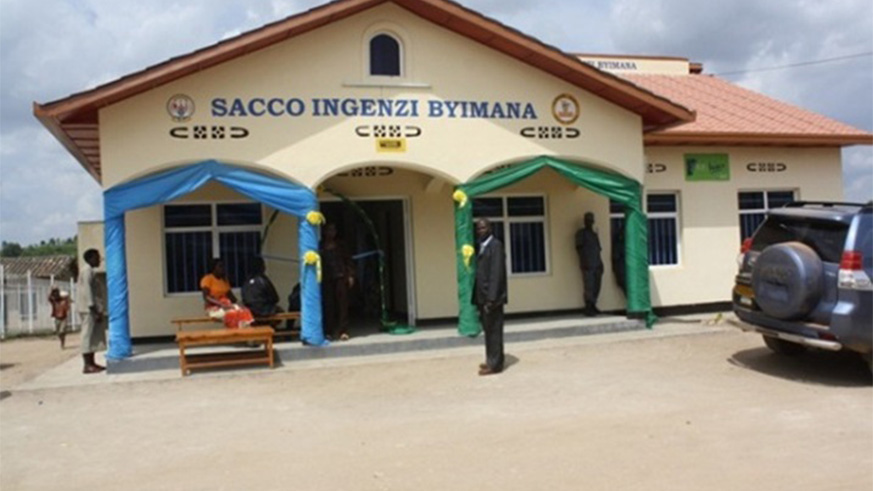

When FinTech –a Kenyan firm, was contracted by government to help automate Umurenge-SACCOs at the cost of $4.6 million (approx. Rwf4bn) in 2015, it was expected that the exercise would be completed within six months.
This would pave way for the establishment of a Cooperative Bank that was to be launched three years later, bringing together all the 416 Umurenge-SACCOs from across the country.
The automation system was expected to eliminate manual operations, reduce related leakages and theft as well as ease operations of these SACCOs that are based at all sectors.
The firm had to develop ICT-based system in computers, train the staff to use it and then connect the system in the cooperative bank connecting the SACCOs.
However, almost four years down the road, nothing tangible has ever been done which has in the end led to the termination of the contract with the company according to officials from Rwanda Cooperative Agency (RCA).
The Director General of Rwanda Cooperative Agency, Prof. Jean-Bosco Harelimana told The New Times on Thursday last week that it was only after the company failed to deliver that they discovered that the documents they had presented during the bidding process were fake and that it had never done such work.
"It seems that those who contracted them never verified if FinTech had ever carried out the same exercise. The firm told us lies. We are now in the process of terminating the contract,” he said.
However, a subsequent meeting that was held on Friday last week, which was to come up with the modalities of terminating the contract, did not yield anything, with the RCA boss saying that the only alternative is to seek arbitration.
According to Harelimana, so far, all the SACCOs to be automated have Rwf66bn in savings, Rwf12bn in share capital, Rwf45bn in loans provided to members although 16 percent of it (Rwf7bn) are non-performing loans.
"Lack of automation has led to a loss of about Rwf2bn in nine years through errors due to using manual operations, embezzlement and others because of lack of ICT based system to control the performance and cashiers”, he said.
What next after termination of the contract?
Harelimana said that within two months customization of SACCOs will resume with support of local technicians as a homegrown solution.
"We have realised that there is a software called MIFOS that we are looking into. What we are going to do is hiring software developers to do customization and integration of SACCOs by using the platform,” he said.
He pointed out that the process would begin within two months and the exercise is not expected to be costly since it will involve paying developers only. Rwf1bn has been set aside to coordinate all automation activities.
He also said that they will work with Rwanda Information Society Authority (RISA), the newly created agency in charge of ICT skills development, creation and innovation of new products and technical work.
"RISA will help us as they also work with other banks, to work with developers to customize SACCOs and after 12 months SACCOs will have been computerized,” he said.
The Manager of the SACCO at Rutunga in Kigali City; J.M Hubert Ayimana, told this reporter that lack of automation of SACCOs is still affecting them in various ways.
"Lack of such automation is still affecting us because it is not easy to use manual operations for a cashier serving 200 clients per day. Our SACCO serves over 7,000 members.
"Lack of automation to control the depositing also triggers unaccounted money because of errors during the operations as staff get very tired and stressed out. There were also cases of theft due to lack of a system to control them. We wish that the automation exercise is fast-tracked and a solution found,” he said.
According to the Director of Microfinance Supervision at the Central Bank; Kevin Kavugizo there were plans to continue working with RCA, the ministries of Finance and that of Trade to fast-track the automation exercise and technical guidance despite the challenges of the process.
"We are part of ensuring that SACCOs are automated as we also provide technical support in the process. We hope that the system will solve the issues that occur due to lack of ICT based system such as errors due to manual operations, theft of the deposited money, non-performing loans, controlling cashiers, tracking loan issuing and payment among others as the main target of the system,” he said.
Efforts to contact FinTech officials were futile by press time.
editorial@newtimes.co.rw


